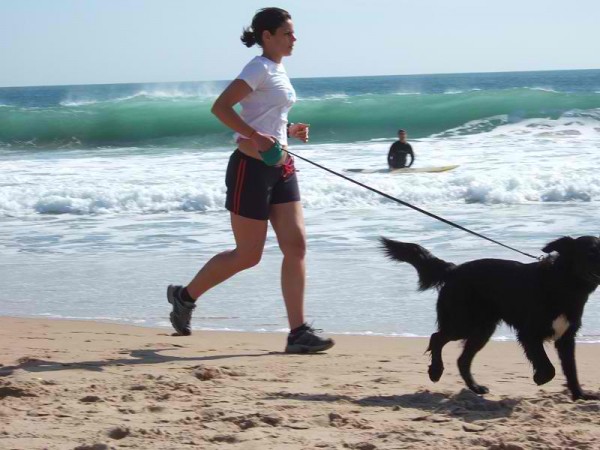
It is a known fact that the brain will shrink as age progresses. According to Dr. David Perlmutter, this shrinking process has the most impact on the hippocampus, the brain's memory center. This is the same area in the brain that primarily declines when a person has Alzheimer's disease.
A recent study published in the journal Brain, A Journal of Neurology found that there is a significant correlation between hippocampus shrinkage and cognitive function decline. As the size shrinks, the level of cognitive processes and abilities seem go down. This particular study is entitled "A 10-year follow-up of hippocampal volume on magnetic resonance imaging in early dementia and cognitive decline" and was authored by eight researchers from The Netherlands.
Meanwhile, another study seems to challenge the findings of this study from The Netherlands. The study argues that the shrinking of the hippocampus may not be a result of the aging process, showing that there is the potential of growing new cells in this brain area. There is a possibility in expanding the size of the hippocampus and enhancing its memory capabilities.
A protein known as BDNF is responsible for the growth of new cells in the brain, and as of this writing, there is no drug to increase BDNF levels. However, animal research has observed that aerobic exercise can boost BDNF in the brain, increasing the growth of new brain cells and improving memory.
A group of researchers from the University of Pittsburgh, led by Kirk Erikson, studied 120 adult individuals for one year. Half of them were asked to incorporate a stretching program in their weekly routine, and the other half were given an aerobic program. Both groups were required to perform the exercise three times a week.
Results from MRI scans, serum measurements, and a memory function test revealed that those from the aerobics group showed an increase in hippocampus size, improvement in memory, and an increase in BDNF levels. Those from the stretching program had a decline in all of them.
These results encourage us to engage in regular aerobic exercise, and apparently age does not seem to matter in the effectiveness of exercise to brain enhancement.



